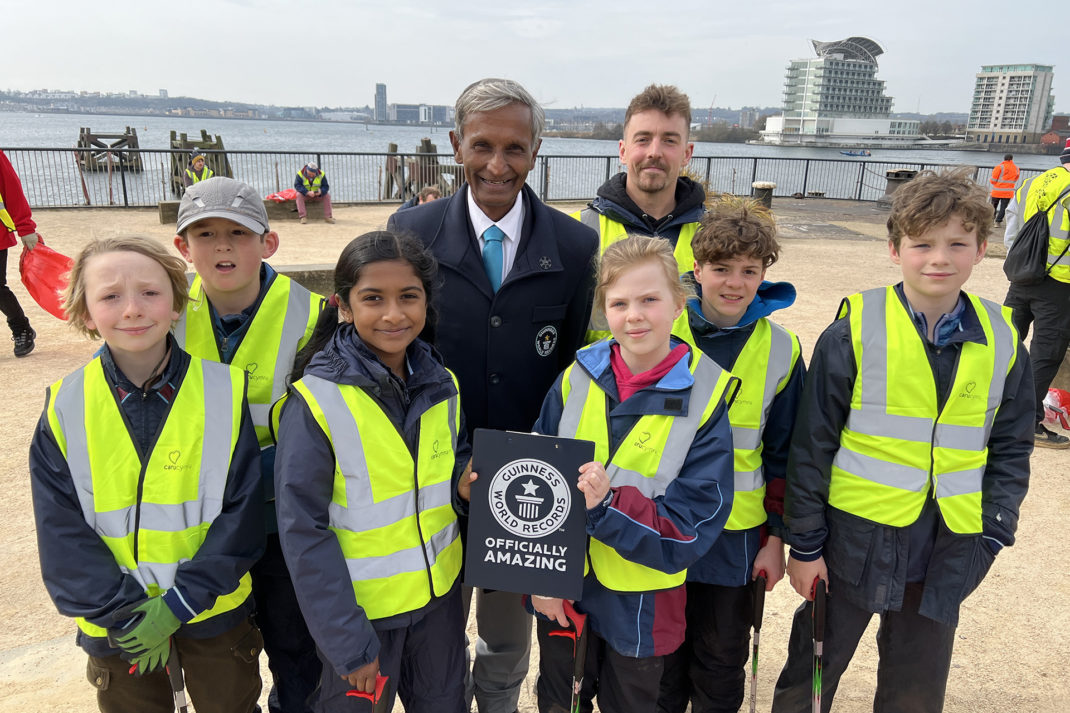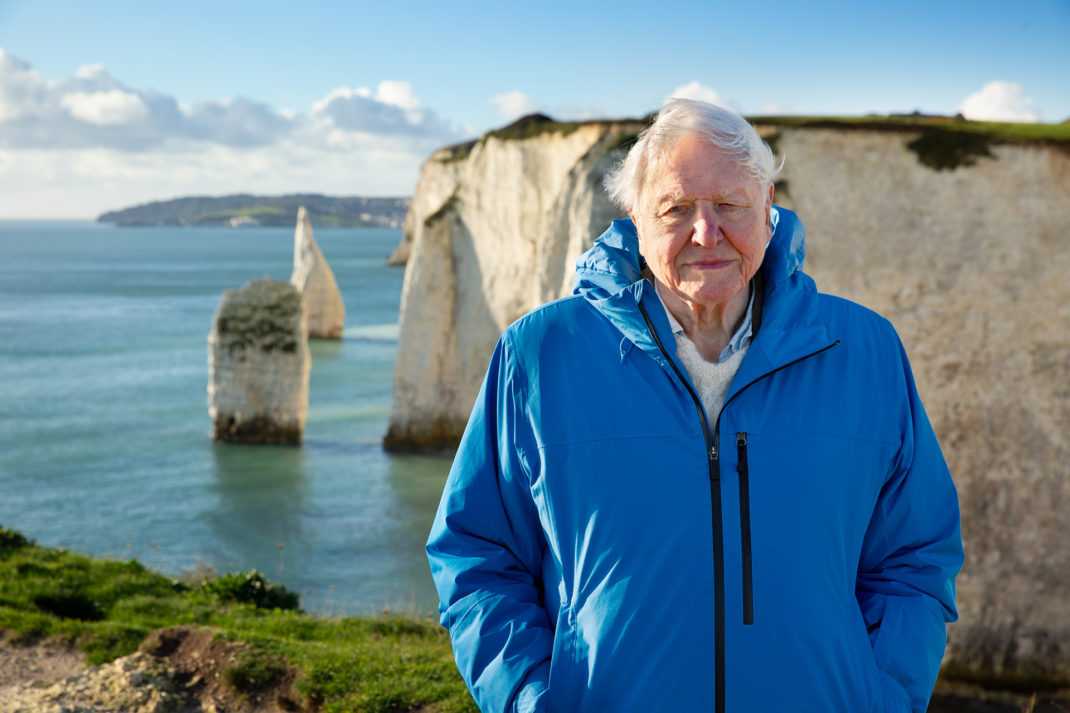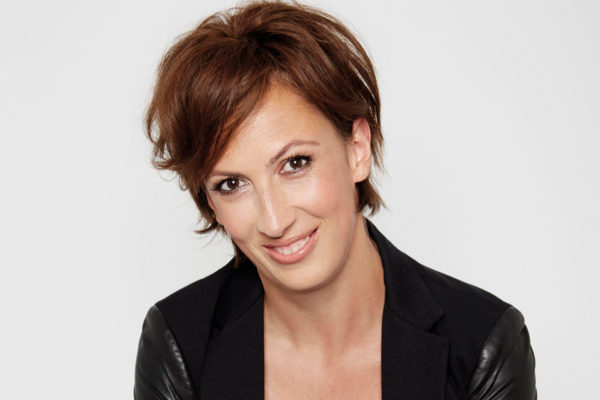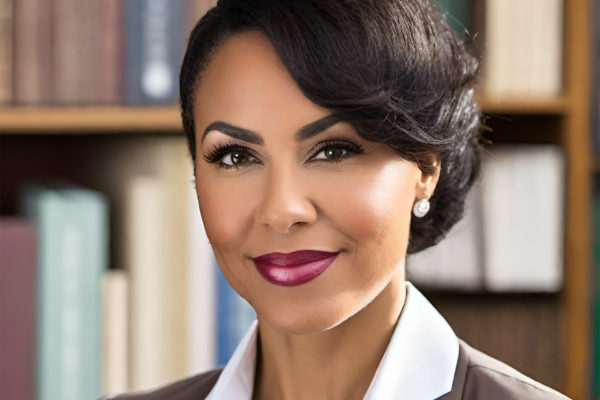How Can We Demystify The Menopause?
By
1 year ago
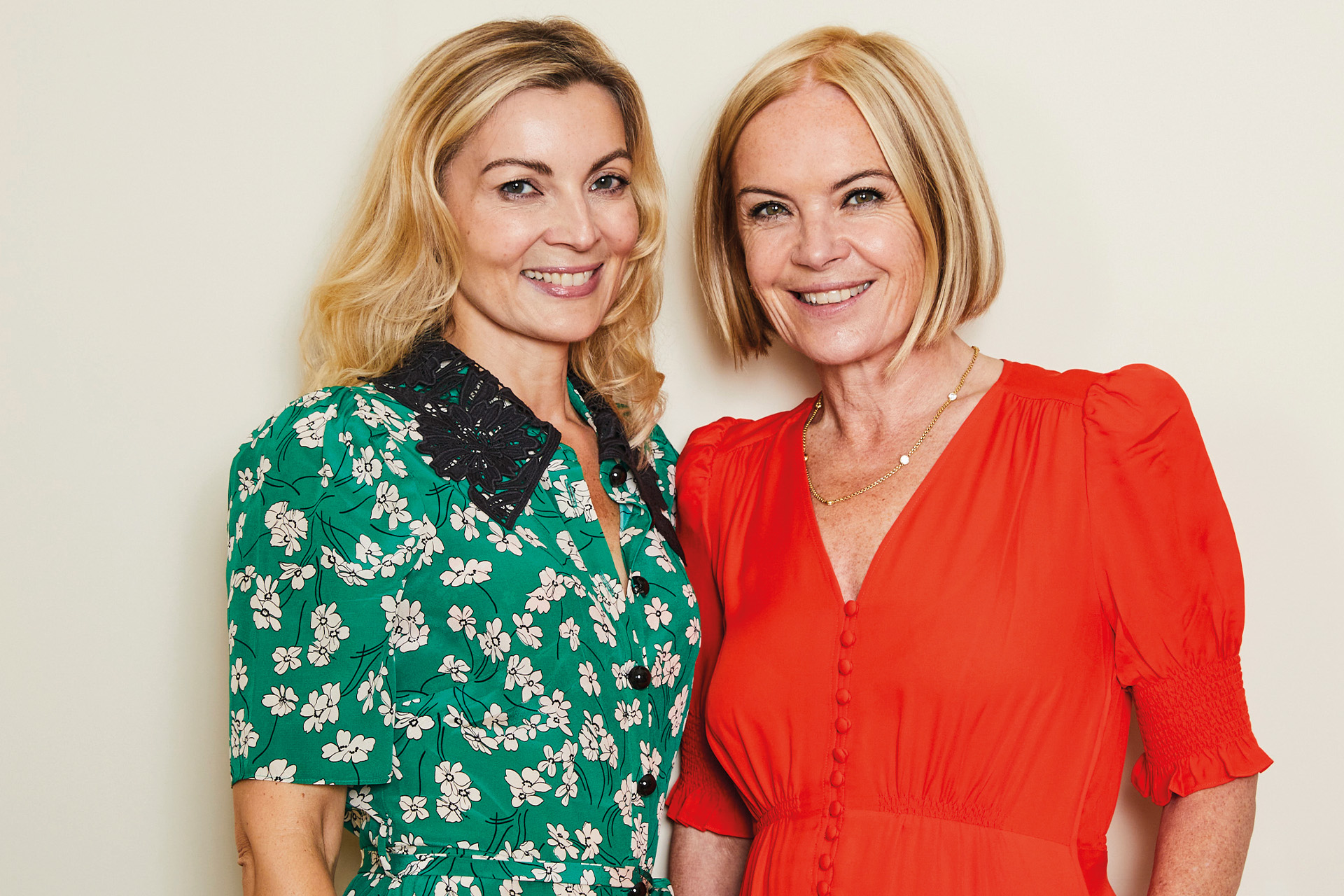
Teenagers need to understand that hormones change as we get older, says Mariella Frostrup – it’s not some toxic secret
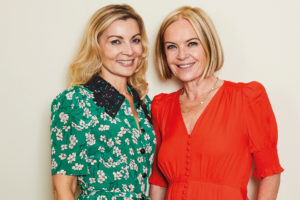
Mariella Frostrup (right) and Alice Smellie (left)
Accustomed as I am to public speaking, I am rarely nervous. But standing in front of the suited pupils of Eton earlier this year, and talking about my book Cracking The Menopause, along with my co-author Alice Smellie, was a surreal experience. I worried more about my words for this than any awards ceremony or Parliamentary speech. Perhaps it’s having teenage children myself that made me concerned that they might not listen, or they’d treat my words with derision. Clearly, I need not have worried. The boys weren’t only attentive listeners but they also asked intelligent and interested questions.
Bringing much needed education about menopause to younger people has recently become my priority. I am determined to ensure teenagers accept menopause as an aspect of female biology and not a toxic secret that is understood and suffered only by older women – while laughed about or ignored by everyone else!
But why is it so important that our young – many decades from that fertility end-game – understand what happens when the hormones that are currently flourishing, diminish and grind to a final halt? First of all, menopause affects all women, whether it’s at the average age of 51, or early or premature menopause. The ovaries produce two key hormones, oestrogen and progesterone. In the years leading up to menopause, these fluctuate and then go down. Women have oestrogen receptors around their entire bodies; from bones to the brain and heart. Take away oestrogen, and most women get at least one symptom. One in four have symptoms severe enough to affect their quality of life.
Young people need to know that not only does menopause affect women in general, but by default those around them; husbands, partners, wives, children, colleagues and friends. Not only this, it’s an inevitable part of the biology of 50 percent of the population, and yet been dismissed as a medical footnote for the past three millennia. Admittedly, menopause is now on the school curriculum. But I suspect this is currently just a tick box at most, and implementation leaves a lot to be desired. Yet who better to understand hormones than young people, who are under the cosh themselves, although in a far more ‘acceptable’ fashion during puberty? They need to know why their mothers or their relatives might be out of sorts, and to recognise the importance of understanding their hormones throughout their lives.
I tend to give something of a Horrible Histories style chat when addressing under 40s; with details of leeches being used for symptoms, chloroforming perimenopausal women to the point of unconsciousness and the fact that many a postmenopausal woman spent time on a ducking stool or being burnt at the stake. It’s interesting but also explains how we’ve reached the idea that menopause is unmentionable.
As the Chair of lobby group Menopause Mandate, I campaign for education for health professionals and women, and accessible, affordable HRT, if required. It is a privilege to feel I might play some part in encouraging the next generation to take menopause, and women’s health, more seriously than before. And as a matter of personal pride I’ve now said ‘vulva’ in the House of Commons twice, and ‘vagina’ in the hallowed halls of Eton College. My bucket list tick box is a strange one, but it’s filling up nicely!
Cracking The Menopause by Mariella Frostrup and Alice Smellie, £9.99, Bluebird.

